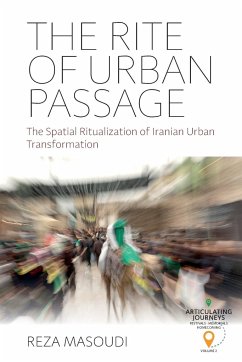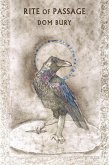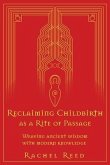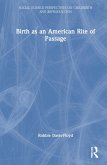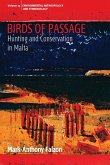The Iranian city experienced a major transformation when the Pahlavi Dynasty initiated a project of modernization in the 1920s. The Rite of Urban Passage investigates this process by focusing on the spatial dynamics of Muharram processions, a ritual that commemorates the tragic massacre of Hussein and his companions in 680 CE. In doing so, this volume offers not only an alternative approach to understanding the process of urban transformation, but also a spatial genealogy of Muharram rituals that provides a platform for developing a fresh spatial approach to ritual studies.
Hinweis: Dieser Artikel kann nur an eine deutsche Lieferadresse ausgeliefert werden.
Hinweis: Dieser Artikel kann nur an eine deutsche Lieferadresse ausgeliefert werden.

